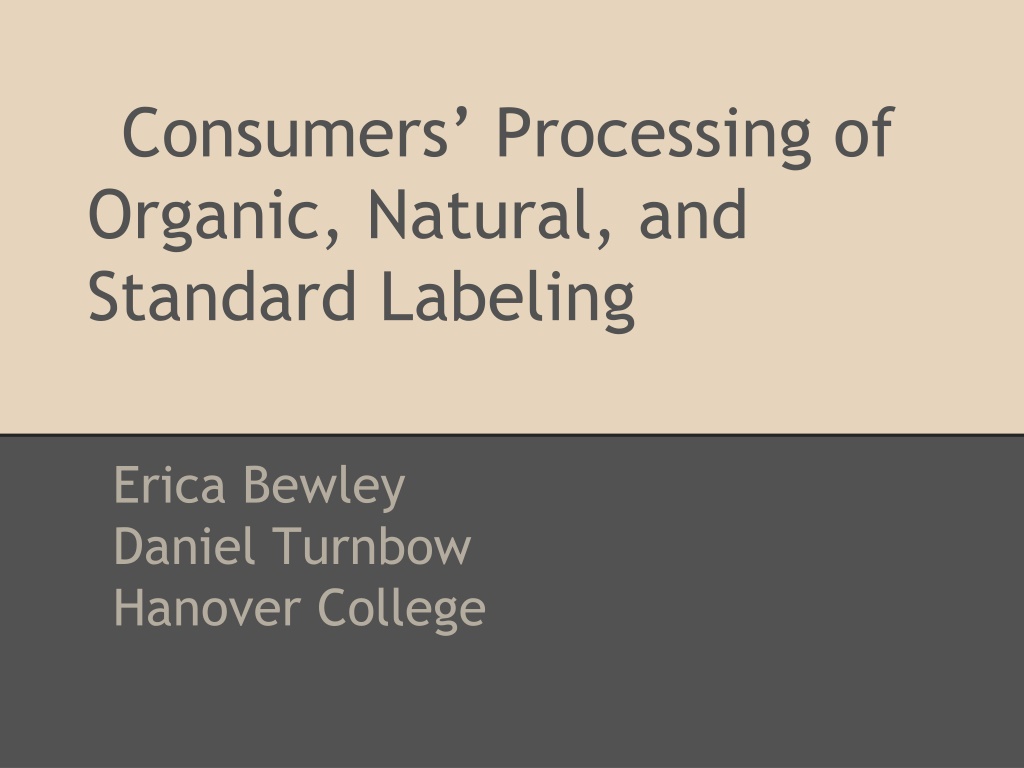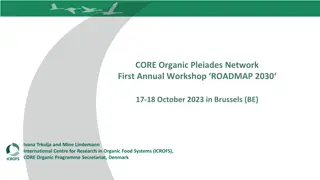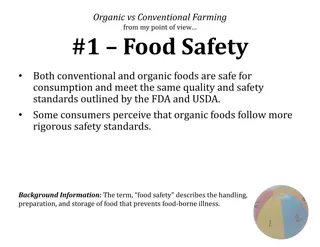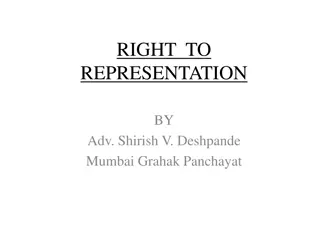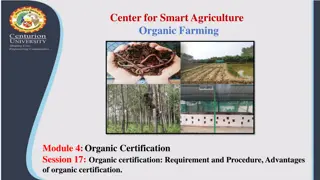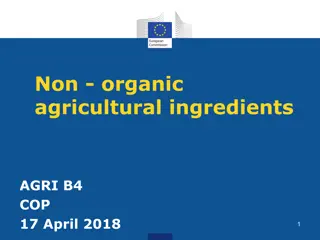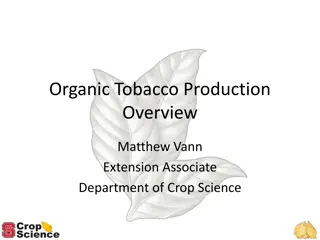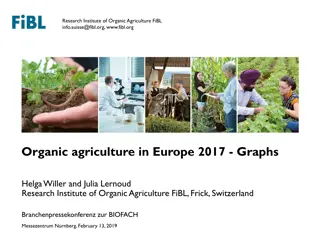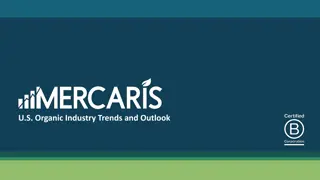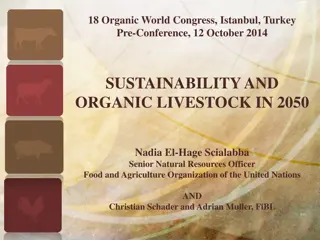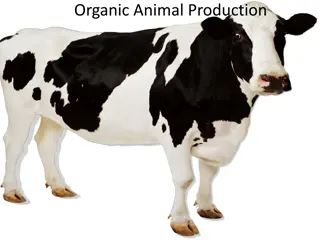Understanding Consumer Behavior Towards Organic and Natural Products
Exploring the shift in consumer preferences towards organic and natural products, this study delves into the factors influencing product choices, such as packaging, eco-labeling, personal characteristics, and moral norms. The research also examines the role of personal differences and idealism in consumer behavior, highlighting the increasing willingness to pay more for organic products.
Download Presentation

Please find below an Image/Link to download the presentation.
The content on the website is provided AS IS for your information and personal use only. It may not be sold, licensed, or shared on other websites without obtaining consent from the author. Download presentation by click this link. If you encounter any issues during the download, it is possible that the publisher has removed the file from their server.
E N D
Presentation Transcript
Consumers Processing of Organic, Natural, and Standard Labeling Erica Bewley Daniel Turnbow Hanover College
The Growing Organic Market In 1991 and 1995 only 7 percent of all organic sales were contributed by conventional retailers In 2000, 49 percent of all organic sales were supplied through conventional retailers (Dimitri & Greene, 2000)
The Collision of all Packaged Products (Kuvykaite, Dovaliene and Navickiene, 2009)
Three classes of products and Packaging Standard Manufactured o Packaging is based on product Natural o Packaging has heavy implications of Naturalness. Organic o Packaging displays organic characteristics and is USDA approved.
Why do we choose the products that we do? Choices could be attributed to: Packaging (Kuvykaite, Dovaliene and Navickiene, 2009) Eco-labeling (Johnston, Wessells, donath, and Asche, 2001) Personal characteristics and opinions (Sirgy, 1985)
Personal Differences Organic Products may have a symbolic value on which personality traits can be reflected (Grubb and Grathwohl, 1967) Moral norms (such as, personal beliefs considering right or wrong doings) can be deemed the main motivator of purchasing intention. (Guido, Prete, Peluso, Maloumby-Baka, and Buffa, 2010) When considering Organic vs. Standard products individual personality traits may indicate a relationship with consumer behavior.
Idealism High Idealism: Desired consequences can be brought about through the right actions. Low Idealism: Desired and undesired consequences come as a mixed bag and you can t know why something happens. Schlenker & Forsyth, 1977
Hypothesis People will be willing to pay more for organic products Personal characteristics will play a role in the choosing of certain products
Participants Online survey participants N= 169 Gender Education level Median ranged between a high school education and some college experience Females: 99 Males: 70 Age Mean:25.9 Median: 22 Range: 15 - 64 SES Median income bracket: $25,000-$50,000
Stimuli Three product classes from each of three companies Companies were selected for having a product that appears in each of our three categories Though Smucker's did have an organic grape jelly, it was unobtainable in our area. An organic granola bar was substituted in its place Unable to find similar flavors and color of the R.W. Knudsen juice in all three classes as well
Equipment Online Survey Photos of Products o DSLR Camera o Actual products o Borrow Photo lab in CFA
Design Mixed design Each participant views only one product category. e.g. only organic products Online survey
Procedure With product displayed, asked to make judgments about the product one factor at a time o Free Short response for price willing to pay o Quality, environmental friendliness, healthfulness, ethicalness of company Asked to complete demographic section Personality Idealism (Forsyth, 1980) Big five (Gosling, 2003)
Product Features 7 (1:strongly disagree, 7: strongly agree) 6 5 Likert Ratings 4 Standard Natural Organic 3 2 1
Price Willing to pay 4 3.5 3 Cost Low Idealism 2.5 High Idealism 2 1.5 1 Organic Natural Standard
Discussion People were not willing to pay more for organic products High ratings in organic for quaility, environment, healthiness, and ethical Personality Dimensions Idealism: Highly idealistic = willing to pay more for organic, but not natural products o Low Idealism = natural products o
Future Research Within-Subjects Design o Forced choice Familiartiy of product Expanded Big Five
Questions ???????????
Ethicalness of company and Participant Agreeableness 4.5 4 Ethicalness of Company 3.5 (low:1, High:7) 3 High Agreeableness Low Agreeableness 2.5 2 1.5 1 Bread Juice
Quality of product and Participant Agreeableness 4.5 4 3.5 (low:1, High: 7) Quality 3 2.5 2 1.5 1 High Agreeableness Low Agreeablness
Ethicalness and Idealism 4.5 4 3.5 (low=1, High= 7) Ethicalness 3 Low Idealism High Idealism 2.5 2 1.5 1 Bread Juice
Healthfulness of product and Participant Agreeableness Bread 6 Juice 5.5 5.5 5 (1: low, 7: High) 5 Heathfulness (1: low, 7: High) 4.5 Heathfulness 4.5 4 4 3.5 3.5 3 High Ag Low Ag 3 High Ag Low Ag 2.5 2.5 2 2 1.5 1.5 1 1
